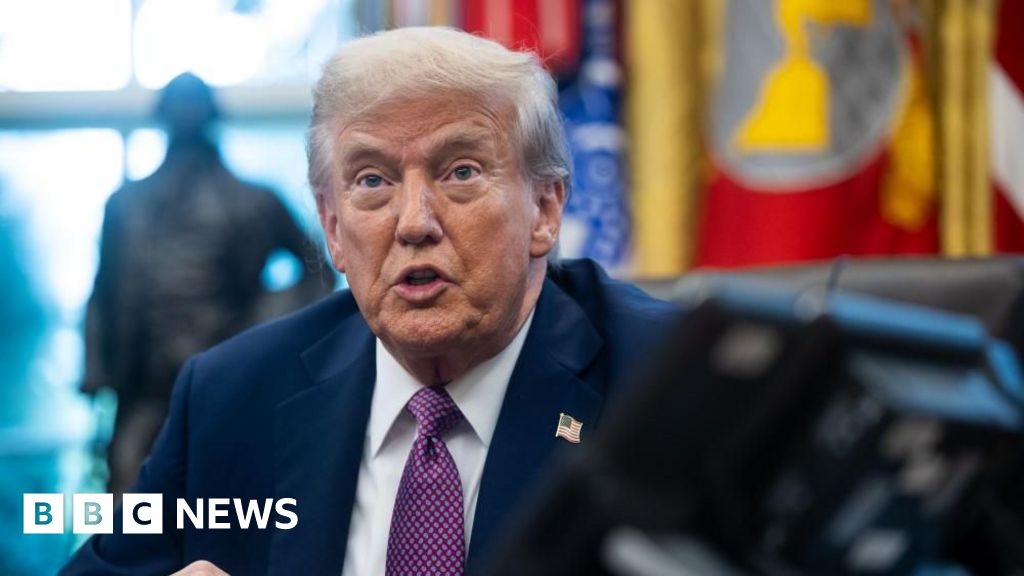Welcome back to World Brief, where we’re looking at NATO intercepting Russian drones over Poland, the rise of France’s Block Everything movement, and deadly anti-government protests in Nepal.
Sign up to receive World Brief in your inbox every weekday.
Sign up to receive World Brief in your inbox every weekday.
Sign Up
By submitting your email, you agree to the Privacy Policy and Terms of Use and to receive email correspondence from us. You may opt out at any time.
Enter your email
Sign Up
Loading…
‘Large-Scale Provocation’
NATO fighter jets shot down several Russian drones after more than a dozen entered Polish airspace on Wednesday. Although Moscow denies responsibility, Ukraine’s Western allies have leapt to use the incident as a reminder of the threat that Russia poses to the larger European continent.
This was the first time that alliance fighters have engaged enemy targets in allied airspace since NATO’s founding in 1949. According to NATO chief Mark Rutte, Polish F-16s, Dutch F-35s, Italian surveillance planes, and NATO mid-air refueling aircraft detected 19 foreign objects above Poland. At least one of the drones collided with a two-story brick home in the eastern Polish village of Wyryki-Wola, though no casualties were reported there or elsewhere in Poland.
The appearance of drones over Poland coincided with a large-scale Russian attack on Ukraine, with as many as 415 drones being launched in the assault, according to the Ukrainian Air Force. Russian drones have crossed into Poland before, including at least twice last week. However, Moscow maintained that it has no plans to target objects on Polish territory and asserted—incorrectly—that Poland is beyond the flight range of Russian drones. “These specific facts completely debunk the myths that Poland is once again spreading to further escalate the Ukrainian crisis,” Russia’s foreign ministry said in a statement.
Such a denial, though, goes against an initial suggestion by Russian ally Belarus, which framed the incident as the drones accidentally veering off course upon facing electronic warfare measures. It also disputes early claims by European leaders, who have suggested that the entry of Russian drones into European airspace was intentional.
“The wreckage of the downed drones is being analyzed, but there is a strong indication at this moment that these were not random incidents but planned action,” said Radoslaw Fogiel, the deputy chair of Poland’s foreign affairs committee. According to Rutte, a full assessment has not yet been made, but he added that “whether it was intentionally or not, it is absolutely reckless. It is absolutely dangerous.”
Following the incident, Polish Prime Minister Donald Tusk activated Article 4, which allows NATO members to demand consultations with their allies. Article 4 has only been invoked seven times, most recently following Russia’s full-scale invasion of Ukraine in February 2022.
“We are dealing with a large-scale provocation” that is “the closest we have been to open conflict since World War II,” Tusk said. “I have no reason to claim we’re on the brink of war, but a line has been crossed, and it’s incomparably more dangerous than before.”
The leaders of several NATO allies—including Canada, France, Germany, and the United Kingdom—as well as Ukraine issued strong condemnation of the suspected Russian incursion. U.S. President Donald Trump, however, posted a vaguer response on Truth Social, writing: “What’s with Russia violating Poland’s airspace with drones? Here we go!”
However, European Union officials appear to be using the latest incident as evidence that Kyiv’s allies, including Washington, must impose greater pressure on Moscow, including with sanctions on shadow fleet tankers as well as on countries that purchase Russian oil. “Russia’s war is escalating, not ending,” EU foreign-policy chief Kaja Kallas wrote on X. “We must raise the cost on Moscow, strengthen support for Ukraine, and invest in Europe’s defence.”
Today’s Most Read
What We’re Following
Block Everything. French authorities deployed around 80,000 security forces across the country on Wednesday to counter the “Block Everything” movement, a series of protests against President Emmanuel Macron and the ruling elite. Among their many grievances, the demonstrators oppose Macron’s appointment on Tuesday of Defense Minister Sébastien Lecornu to be the country’s new prime minister and are instead calling for snap elections to be held or for Macron himself to step down.
François Bayrou, France’s fourth prime minister in less than two years, lost a confidence vote on Monday over his failure to adequately address the nation’s debilitating debt crisis. His ouster sent Paris into a tailspin, forcing Macron to scramble to find a replacement that could lead his minority government and also appease his political rivals. But as the name “Block Everything” suggests, France’s other coalitions remain opposed to any change in leadership that is not a result of new elections.
The movement reflects growing discontent with Paris’s status quo as well as the country’s high cost of living and proposed austerity cuts, while also creating a rare moment of common cause between the far left and the far right, the latter of which has increased in popularity across France in recent years; Block Everything began as a far-right online movement. Mainstream labor unions have joined the largely peaceful protests, though some acts of violence have occurred, and local police have arrested hundreds of demonstrators thus far.
Conditions for peace. The Nepalese military imposed a curfew in the capital city of Kathmandu on Wednesday in an effort to quell violent anti-government protests.
Demonstrations first erupted on Monday after the Nepalese government issued a ban on 26 social media platforms. However, these protests quickly expanded to include anger toward Prime Minister K.P. Sharma Oli and perceived corruption, such as nepotism, among the political elite. After Nepalese police fired live ammunition, rubber bullets, and water cannons on protesters, Oli resigned in a bid for calm. By Wednesday, the death toll from police attacks on protesters had risen to 30 people, with more than 1,000 others injured.
His resignation did little, though, as rioting and looting continued, with protesters setting fire to government buildings and the private homes of senior politicians. This week’s unrest has been the deadliest in modern Nepalese history.
Representatives of the Gen Z-led movement met with senior army officials on Wednesday to discuss terms to end the protests. Among those, demonstrators said they want former Chief Justice Sushila Karki to be made the country’s interim prime minister until snap elections can be held.
“No place where they can hide.” Israel warned on Wednesday that it will continue attacking the country’s enemies no matter their whereabouts, just one day after carrying out an unprecedented strike against senior Hamas leadership in Qatar, during which five lower-level officials were killed. “The long arm of Israel will strike its enemies everywhere,” Israeli Defense Minister Israel Katz said. “There is no place where they can hide.”
Katz went on to suggest that if Hamas does not accept Israel’s cease-fire conditions—namely, that the militant group release all remaining hostages and completely disarm—then “they will be annihilated and Gaza will be destroyed.” Already, more than 64,000 people have been killed in Gaza since the Israel-Hamas war began in October 2023.
By conducting a strike on the soil of a key mediator, though, experts suggest that Israel could have undermined its own position in negotiations. Tuesday’s attack was an act of “state terrorism,” Qatari Prime Minister Mohammed bin Abdulrahman Al Thani said. “This is a message to the entire region: that there is rogue player in the region.”
Several Gulf states have condemned Israel’s actions, and on Tuesday, Trump joined in with a rare public rebuke of his close ally. “I’m not thrilled about the whole situation, not a good situation,” the U.S. president said. On Wednesday, the United Nations Security Council held an emergency session to discuss Israel’s strike in Qatar and its ongoing threats against Hamas.
Odds and Ends
For the first time, Australian scientists approved a vaccine on Wednesday to protect koalas from chlamydia. The sexually transmitted disease accounts for up to 50 percent of all koala deaths in the wild, with some populations facing infection rates of up to 70 percent. “Some individual colonies are edging closer to local extinction every day,” microbiology professor Peter Timms said. The single-jab vaccine has been 15 years in the making and is expected to cost around $495,000, though scientists maintain that more funding is needed to adequately ramp up production.







